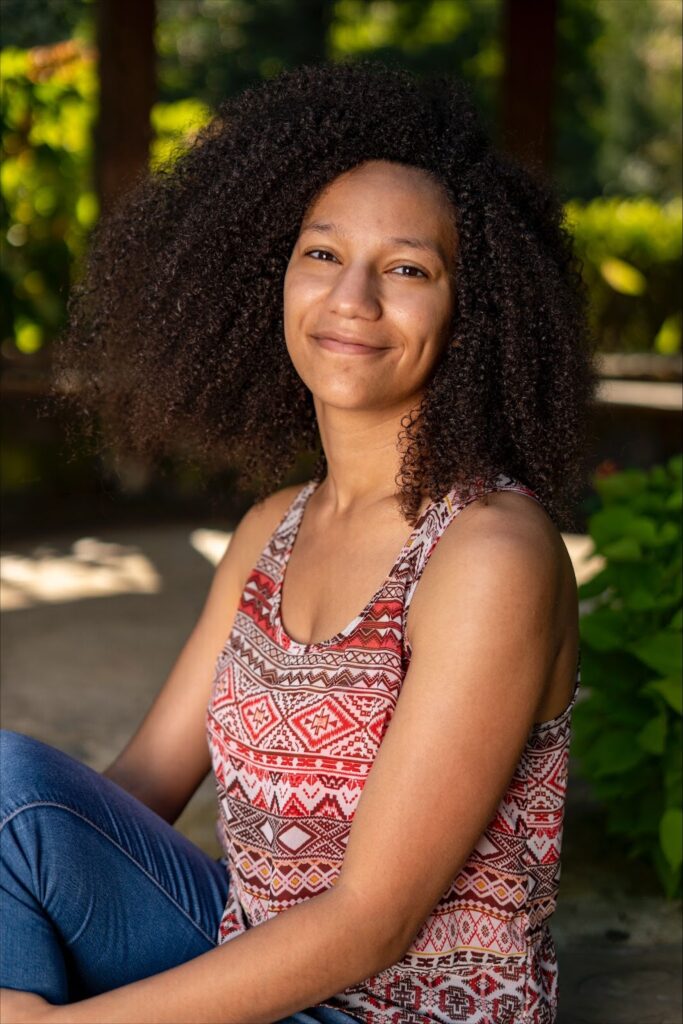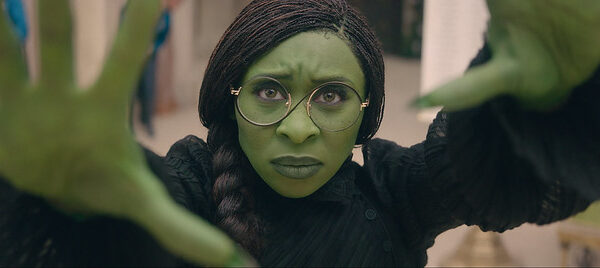

National Geographic’s headquarters, identifiable by its yellow border, sits just a few miles from Howard University’s campus. The media network offers a wide range of content for all audiences, thanks in part to the contributions of Howard alumni Douglas Johnson and Victoria Donfor.
Johnson and Donfor, who graduated from the Cathy Hughes School of Communications in 1995 and 2016, respectively, remain proud bison while representing and working on National Geographic’s programming to produce a new series called, “Black Travel Across America.”
The docuseries, which aired throughout Black History Month on Hulu, takes audiences through historic and modern travel locations listed in the Green Book, the travel guidebook for African Americans traveling from 1936 and beyond.
Donfor, an associate producer for the network, pitched and developed the show, while Johnson served in his role as a long-form editor on the program.
“What really captivated me was that this was a story we got to tell about ourselves, in our voice. When you watch it you get that sense of it,” Johnson said, “What mattered about this docuseries was telling that story through the voice of those individuals who have the greatest investment in it. It was a great moment for us to be able to be a really good example of what storytelling can be when you give the people access, support and backing, and not just lip service.”
The idea of the Green Book being the central element of the series was a thought inspired by Misha Green’s “Lovecraft Country,” a science-fiction drama series distributed by HBO in 2020. Although the drama’s sole focus is not on the Green Book, Donfor formed a clear vision for this documentary-style concept and took off.
Donfor expressed the emphasis to include representation from a “high-spirited place” which influenced her to contribute her own family’s footage in the docuseries to implement this idea.
“My grandparents traveled a lot when they were young in the 50s and filmed everything so they ended up having a bunch of these reels that I digitized then and worked through,” Donfor said. “I found a bunch of incredibly happy people, enjoying these sights, enjoying life, and traveling but in a way that didn’t show all the strife they had to go through to do it.”
As the overall media landscape continues its shift to operate with more authentic narratives, contributors like Donfor and Johnson stress the importance of these types of programs, but more notably, the importance of the voices behind them. When asked about the tone of the series, Donfor expressed a necessity for uplifting energy, and that energy began from within. The team assembled for the program was majority black, from the composer of the score to the designer of the graphics and visuals.
Working in a creative space that resembled that of their undergraduate experience but on the largest possible scale, it was clear that the community and care behind the program were nothing short of necessary in order for the vision to come through. Johnson further emphasized this point and drew parallels to his time at Howard.
“They don’t call it the Mecca for no reason,” Johnson said when asked how he saw his Howard education reflected in his work today. “When I left Howard, it was a first-rate experience, while I had to work and maximize it, I was set up for success. And now as I’m in these professional environments and I get to speak to issues of significance as it relates to diversity and inclusion, I know how to navigate that.”
The documentary space has a lot to show recently in terms of pushing out insightful, thought-provoking black historical narratives in ways that don’t dwell solely on the seed of black trauma. Hulu’s “The 1619 Project” from Howard’s own Nikole Hannah- Jones, HBO Max’s “Hungry For Answers” and now “Black Travel Across America” are all changing the game for how Black history is being digested in media and film.
Both creators spoke to the idea that Howard’s School of Communications cultivates a collective voice and encourages their students to think beyond the core of Black existence and “go the extra mile” to tell fresh stories about the history that continues to be made. Their work on “Black Travel Across America” is just one example of that “Howard instinct,” as Donfor worded it.
Copy edited by Jasper Smith









